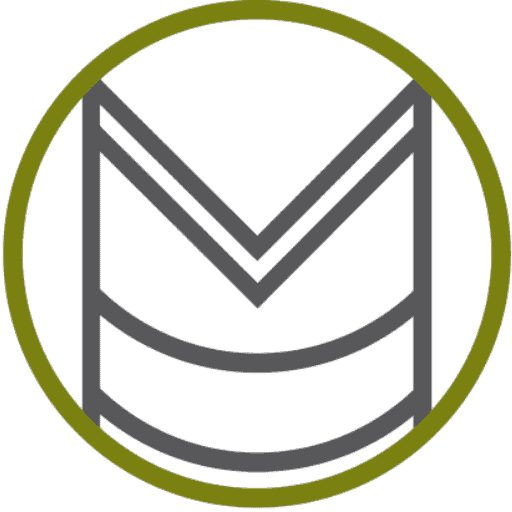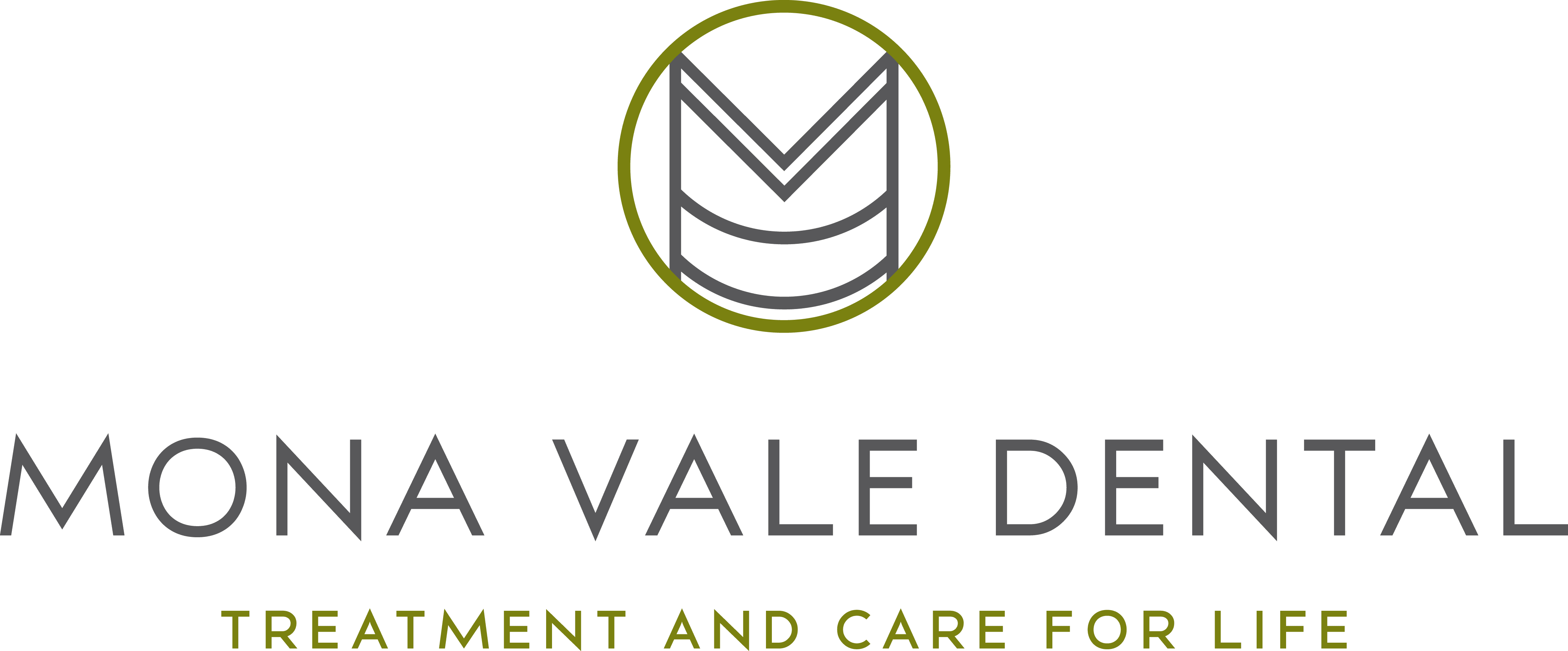What is Sleep
Apnoea?
Sleep apnoea is a disorder in which breathing is repeatedly interrupted during sleep. The word “apnoea” literally means “without breath”. Obstructive Sleep Apnoea is the repeated episodes of partial or complete obstruction of the throat (upper airway) during sleep. A narrow floppy throat is also more likely to vibrate during sleep, which causes snoring.
Is snoring affecting your quality of life?
Snoring and Sleep Apnoea occurs in an estimated 24% of middle-aged males and 9% of middle-aged females and also many children.
We are able to help our patients by constructing state of the art oral devices to help treat these problems.

Sleep Appliances
At Mona Vale Dental we work in partnership with many Sleep Specialists, ENT Surgeons and GPs in the diagnosis and treatment of snoring and Sleep Apnoea.
These appliances are one of the options that you can use to treat mild or moderate obstructive sleep apnea, as well as snoring. They are also called Mandibular Advancement Splints (MAS) or Mandibular Advancement Devices (MAD) or Mandibular Repositioning Appliances (MRA). They look a bit like a mouth guard. At night, before you go to bed, you put it in your mouth. There is no need to wear it during the day.
As with all treatments, some people respond better than others. The oral appliance will work best if you have mild to moderate sleep apnea, if your sleep apnoea is a lot better when you lie on your side than when you lie on your back and if you are not overweight. If you have central sleep apnea (less common than obstructive sleep apnoea), then oral appliances will probably not help. But until you have tried it, no one can say for sure how well it will work for you.
Each person has a different mouth and jaw shape, so you should have one made to fit you. Your dentist will take a scan of your teeth and send this to a specialized laboratory for the appliance to be made. When it is fitted into your mouth, it will be adjusted so that it moves your jaw forward to a position that will be effective but is still comfortable. The device will have a screw adjustment to allow further fine tuning of the position over the next few weeks. Your dentist will help supervise this.
There are some kinds of dental devices that you can buy over the counter. These are cheaper, but they usually do not work. You will be wearing an appliance for a long time, so it is best to have one fitted especially for you. This will make it work better and help avoid any side-effects. After the appliance is fitted, follow-up visits with your dentist or sleep specialist will be needed.
They push your lower jaw forwards. Your airway will open up more and there will be less of a risk that it will vibrate (snore) or obstruct.
You should brush and floss your teeth before you put it in each night. Plaque can build up on an appliance just like on your teeth, so you need to wash it carefully each day. Make sure you dry it out fully. Also keep it in a place when children and pets can’t get at it.
Yes. If it is fitted properly, it works well for snoring.

